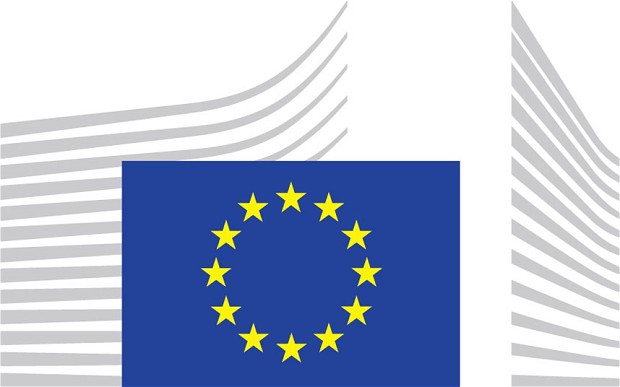

The money would also help 138 young people not in employment, education or training (NEETs) to find job opportunities, a possibility offered by the new EGF Regulation. The proposal now goes to the European Parliament and the EU’s Council of Ministers for approval.
The redundancies in the Rathkeale had a significant adverse impact on the local and regional economy. Andersen Ireland was a major employer in this mainly rural area, where it had been active for 37 years.
EU Commissioner for Employment, Social Affairs and Inclusion László Andor commented: “The manufacture of fashion jewellery in the EU has suffered from increased competition from countries outside the EU, particularly China. Today’s proposal would help to prepare 138 redundant workers in this sector for new jobs, and an equal number of young people for finding their way into the labour market”.
Ireland applied for support from the EGF following the dismissal of 171 workers in Andersen Ireland Limited, as a result of increased competition from fashion jewellery manufacturers elsewhere in the world.
The measures co-financed by the EGF would help the 138 workers facing the greatest difficulties and an equal number of NEETs to find jobs. They will receive occupational guidance and career planning assistance, enterprise and self-employment supports, training, second and third level education programmes, training grants and income supports.
The total estimated cost of the package is €2.5 million, of which the EGF would provide €1.5 million.
In June 2009, the EGF rules were revised to strengthen the role of the EGF as an early intervention instrument forming part of Europe’s response to the financial and economic crisis. The revised EGF Regulation entered into force on 2 July 2009 and the crisis criterion applied to all applications received from 1 May 2009 to 30 December 2011.
The Fund continues during the 2014-2020 period as an expression of EU solidarity, with further improvements to its functioning. Its scope has been expanded to include workers made redundant because of the economic crisis, as well as fixed-term workers, the self-employed, and, by way of derogation until the end of 2017, young people not in employment, education or training in regions eligible under the Youth Employment Initiative (YEI), which is the case in Ireland.

